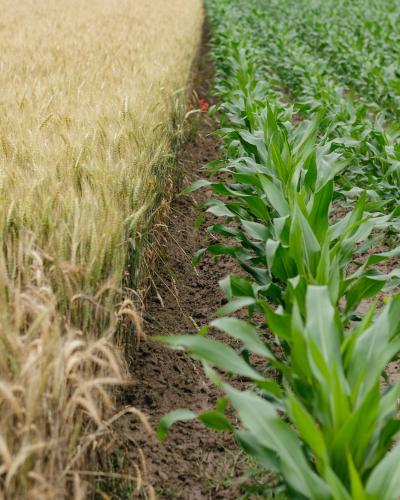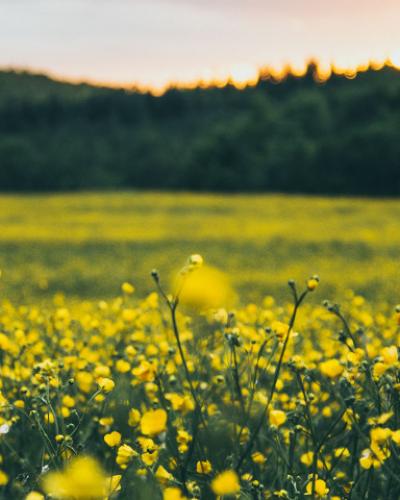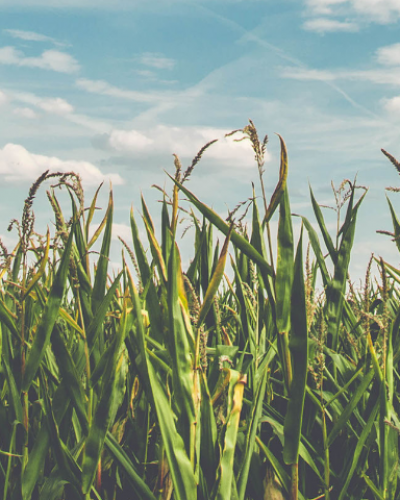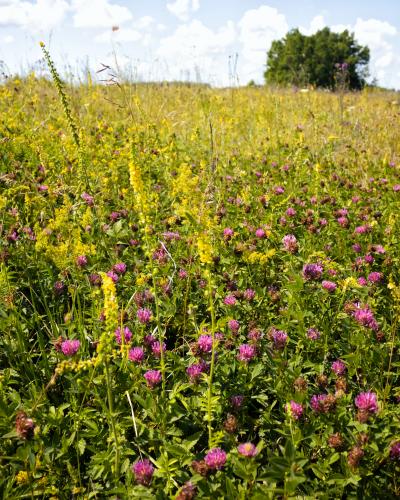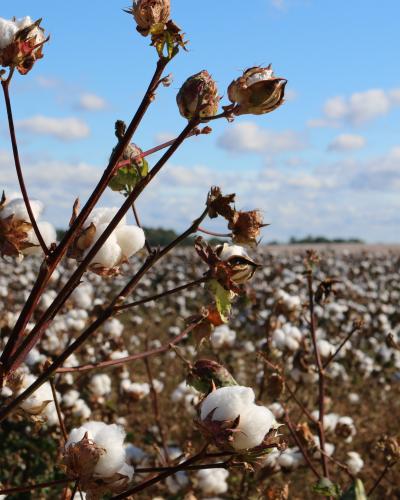Organic farming is known to increase natural pest control that helps organic farmers overcome reliance on chemical pest management. While the common perception is that natural pest control is...
Oct 05, 2020
A recent study published in the journal Agricultural and Resource Economics Review challenges popular belief that switching to organic farming is riskier for the farmer than staying in...
Sep 28, 2020
Hedgerows and flower strips are often planted among crops to boost beneficial insect populations, but there are few comprehensive studies that compare different types...
Sep 17, 2020
The Organic Center’s Science Advisory Committee member, Professor Kathleen Delate, takes viewers on the first virtual Organic Field Day at the Iowa State University Neely-Kinyon Long-Term...
Sep 14, 2020
Farmers are faced with pressures to meet societal visions of good and “better” farming, but the ability to meet those expectations may be hindered by the capacity of...
Sep 01, 2020
Much research has shown the benefits of birds on farms when they eat insect (or even animal) pests to crops, but other research also shows that birds can be pests...
Aug 31, 2020
Organic farmers are prohibited from using harsh synthetic herbicides and therefore weed control is often a major challenge. A recent study published in the journal Agriculture, Ecosystems &...
Aug 24, 2020
Genetically modified cotton is widely grown throughout China, South Africa, India and the U.S. Science on the environmental, social and public health effects of GM cotton has mixed results with...
Aug 17, 2020
The use of antibiotics is prohibited in organic farming, while the liberal use of antibiotics in conventional livestock production causes great concern for the...
Aug 11, 2020
A new study found that eating an organic diet can dramatically reduce levels of glyphosate in consumers. Glyphosate use has skyrocketed in the past decade, and ...


